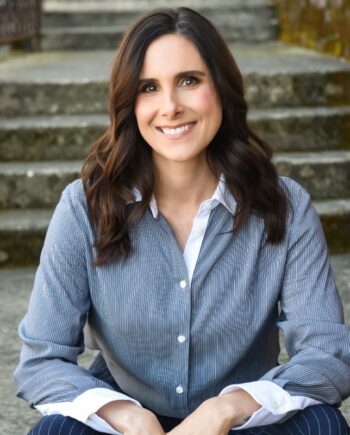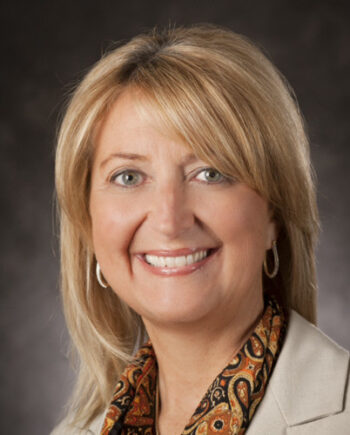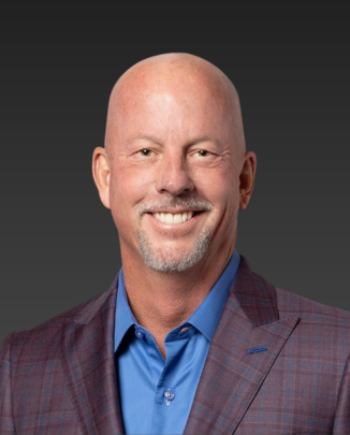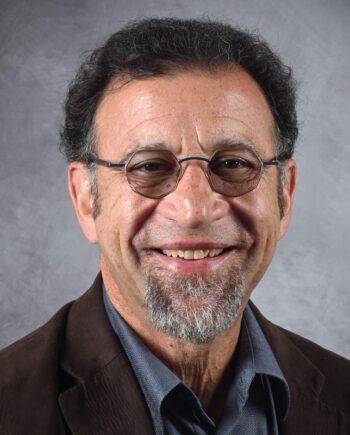
One of the buzzwords you’ve probably heard on Outcomes Rocket is population health. After recording over 300+ podcast sessions, I realized one thing – population health is on health leader’s minds and there are clear ways to move the needle on it.
People have different views about population health. Some also prefer to call it community health. Regardless of the sector they represent, I always feel enlightened after every session. Today, I’ll be sharing with you three major lessons I learned about population health.
Valinda Rutledge, VP of Public Payer Health Strategy at Greenville Health System said “Understand that when you are focused on trying to improve population health when you look at the numbers, you’ll realize that only 20% of the population health variables are impacted by medical care. 80% of them are impacted by socio-economic issues, our behavior, our lifestyle, our genetic makeup.
You start realizing that in order to actually improve population health or improve the health of the citizens of the community that you live in, you need to have a much broader perspective in terms of the stakeholders in the room.
You cannot just have the physicians and nurses in the room talking about the care within the four walls of the hospital. You actually have to have the public health department, you need to have food banks, you have to have housing agencies so that you’re able to look at population health at a much broader perspective. It has to take a village to make a difference in population health. “
Prior to my conversation with Valinda, it didn’t occur to me that a majority of the variables of population health are not related to health care providers. It was a surprise because I’ve always looked at health care as something that happens with the four walls of the hospital.
Valinda helped me realize that population health care is an all-encompassing issue that all sectors of the community should be actively involved in order to create the changes we’re looking to make.
Definitely an eye-opening podcast.
Corbin Petro, President, and CEO at Benevera Health stated “Health care as a service fan across both public and private sector and affects all people regardless of background. In health care, I think it’s really important that we recognize that a person’s health and the data associated with it shouldn’t be siloed. That also goes for the way we treat patients.
I think it’s important in healthcare for us to think about the service and the public aspect of health care as something that impacts everyone. We need to develop different products and services that the community needs, and also what the physician pain points. “
For years now, we’ve been clamoring for improvements in population health, but we didn’t realize that one of the reasons we haven’t seen improvement is because everything is siloed in health care. This limits the sharing of important data, which also limits the effort to improve health care.
We need to break down the traditional silos. Doing this will enhance collaboration which will, in turn, improve health care.
We always think of population health as something that’s taken care of in hospitals or provided by medical professionals. We forget that our lifestyle determines our health. More than genetic factors, our lifestyle choices have a huge impact on our health.
This was the reminder I got from my interview with Michael T. Rowan, an accomplished and visionary healthcare executive in Colorado.
He said “There are different ways we can approach healthcare that lends itself a better outcome in the end. So much of health is determined by lifestyle. Lifestyle is something that individuals have to get their hands around so they can make a difference to their healthcare. We need to get engaged in our own healthcare.”
To employers, he said, “I suggest employers that it’s important to engage people about their health. I worked with companies that started to encourage their employees to pay attention to their health. We got people got engaged in their own health and that is the key.”
If you are a manager, a business owner, or in some kind of executive position, take note. Michael’s suggestion came from experience.
He said that at Catholic Health Initiatives where they had 130,000 employees, they were able to generate $175,000,000 in savings in a 4-year period, and a lot of that savings came from healthcare cost avoidance. All these came after the organization committed to helping improve the quality of life of its employees by incentivizing them for joining health activities and achieving health goals.
It’s amazing how much improvement can happen when individual members of the community take control of their lifestyle. Just imagine how much savings your organization will have if you can replicate CHI’s health program.
Whatever role you may play, whether you’re a payer, a provider, or a vendor, you can do something to help improve population health.
Start making changes in your lifestyle that will impact our health better.
If you’re a physician leader or industry leader, share your data. Start mapping all socio-economic issues.
That one small step you take today, if done consistently for the next few years, will help take us to the population health level we all envision our country to enjoy.
According to the 2020 Centers for Disease Control and Prevention report, roughly 34.2 million Americans have diabetes,...
Read MoreAs a farmer, Rod was used to long days. He worked 18 hours a day, 7 days...
Read MoreWith investors receiving hundreds of pitch decks every year, how do you create a compelling presentation that...
Read More
Brittany Busse Co-Founder, President, and Chief Medical Officer at
ViTelHealth


Stephen Thorne Founder and CEO at
Pacific Dental Services

Keith Carlson Nurse Career Coach